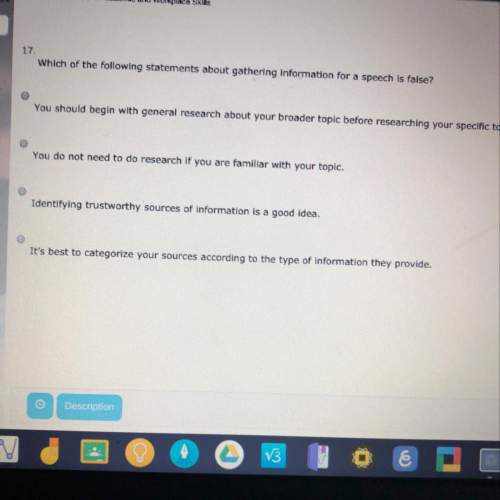
English, 18.02.2020 16:18 Dragon63770
Frankenstein Chapter 2, Excerpt By Mary Shelley Victor Frankenstein recounts the influences that lead to his great experiment: When I was thirteen years of age we all went on a party of pleasure to the baths near Thonon; the inclemency of the weather obliged us to remain a day confined to the inn. In this house I chanced to find a volume of the works of Cornelius Agrippa. I opened it with apathy; the theory which he attempts to demonstrate and the wonderful facts which he relates soon changed this feeling into enthusiasm. A new light seemed to dawn upon my mind, and bounding with joy, I communicated my discovery to my father. My father looked carelessly at the title page of my book and said, "Ah! Cornelius Agrippa! My dear Victor, do not waste your time upon this; it is sad trash." If, instead of this remark, my father had taken the pains to explain to me that the principles of Agrippa had been entirely exploded and that a modern system of science had been introduced which possessed much greater powers than the ancient, because the powers of the latter were chimerical, while those of the former were real and practical, under such circumstances I should certainly have thrown Agrippa aside and have contented my imagination, warmed as it was, by returning with greater ardour to my former studies. It is even possible that the train of my ideas would never have received the fatal impulse that led to my ruin. But the cursory glance my father had taken of my volume by no means assured me that he was acquainted with its contents, and I continued to read with the greatest avidity. When I returned home my first care was to procure the whole works of this author, and afterwards of Paracelsus and Albertus Magnus. I read and studied the wild fancies of these writers with delight; they appeared to me treasures known to few besides myself. I have described myself as always having been imbued with a fervent longing to penetrate the secrets of nature. In spite of the intense labour and wonderful discoveries of modern philosophers, I always came from my studies discontented and unsatisfied. Sir Isaac Newton is said to have avowed that he felt like a child picking up shells beside the great and unexplored ocean of truth. Those of his successors in each branch of natural philosophy with whom I was acquainted appeared even to my boy's apprehensions as tyros engaged in the same pursuit. Under the guidance of my new preceptors I entered with the greatest diligence into the search of the philosopher's stone and the elixir of life; but the latter soon obtained my undivided attention. Wealth was an inferior object, but what glory would attend the discovery if I could banish disease from the human frame and render man invulnerable to any but a violent death! Which lines from the text most clearly suggest the narrator is ambitious? When I was thirteen years of age we all went on a party of pleasure to the baths near Thonon; the inclemency of the weather obliged us to remain a day confined to the inn. I read and studied the wild fancies of these writers with delight; they appeared to me treasures known to few besides myself. I have described myself as always having been imbued with a fervent longing to penetrate the secrets of nature. Wealth was an inferior object, but what glory would attend the discovery if I could banish disease from the human frame and render man invulnerable to any but a violent death!

Answers: 2
Another question on English

English, 21.06.2019 17:00
Click to read the passage from "lifeboat ethics," by garrett hardin. then answer the question. what is the author's purpose for including the following example in his argument against rich nations poor nations? a. he wants to explain why more nations need to invest in "miracle" crops. b. he wants to disprove the idea that poor nations will eventually be able to support themselves. c. he wants to prove that the green revolution is the best use of people's money. d. he wants to show a solution to poverty that he believes can actually work.
Answers: 1

English, 21.06.2019 21:10
In 250-300 words, discuss jem’s character development in to kill a mockingbird. how does he grow and change? what are the major events that affect that change?
Answers: 1


English, 22.06.2019 02:00
The empire state building was a.constructed by one hundred workers. b.was first lit up by president roosevelt. c.has more than one hundred stories. d took several years to complete.
Answers: 2
You know the right answer?
Frankenstein Chapter 2, Excerpt By Mary Shelley Victor Frankenstein recounts the influences that lea...
Questions

Mathematics, 03.03.2020 04:21

Computers and Technology, 03.03.2020 04:21

Social Studies, 03.03.2020 04:21



Biology, 03.03.2020 04:21


Mathematics, 03.03.2020 04:21








Computers and Technology, 03.03.2020 04:22


Social Studies, 03.03.2020 04:22

Mathematics, 03.03.2020 04:22

Biology, 03.03.2020 04:22




